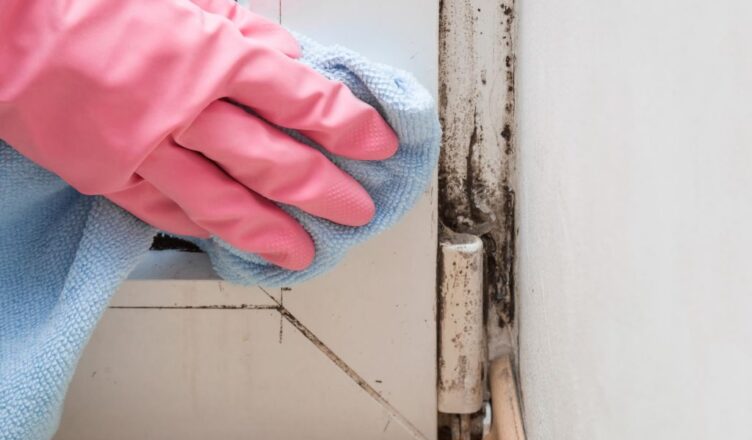Depending on your state, you might be able to sue your landlord or property owner for the disrepair of your housing. This can be a tough battle, and it is important to know how to protect your rights as a tenant. Contact a legal expert or housing disrepair solicitors for more guidance.
A tenant’s right
Depending on the state you live in, there are a few things you can do to protect your rights as a tenant. For instance, there are laws that require landlords to make repairs to your rental unit. This may include electrical, heating, plumbing, and ventilation systems. In addition to these things, you have the right to live in a livable and clean apartment.
If your landlord fails to provide a safe and habitable place to live, you can file a lawsuit to recover damages. If you live in a rent-regulated apartment, you may want to consult with your local housing authority. Likewise, you may want to contact your local city manager. These organizations can provide guidance on preventing illegal evictions and documenting retaliation.
In addition to a lease, you have certain rights under state and federal laws. For instance, you can’t be charged more than the law requires for a security deposit. You can also hire a professional to make repairs to your home.
The most important thing to remember is that you have rights. Your landlord cannot force you out of your home without providing notice. He also cannot enter your apartment without your permission. In addition, you have the right to request repairs within 14 days.
The law is complex. Depending on the state you live in, you may have rights that are only available through the local housing ordinance.
Implied repairing obligations
Whether or not a tenant has an implied repairing obligation under the law for housing disrepair depends on the facts of the case. In some cases, tenants can have an internal repairing obligation and in others, they are expected to put the property in a better condition than when they took the lease.
The repairing obligation is one of the most important lease elements. It requires tenants to maintain the property in a tenant-like manner. This includes keeping it in good decorative order, repairing any drains or gutters, and repairing rotten woodwork or leaking roofs. This is a duty which is not included in the fair wear and tears element of the duty.
There are many ways in which a landlord can be found in breach of the repairing obligation. For example, the landlord can be found to have failed to carry out the repairs in a reasonable time. If the landlord has not been able to carry out the repairs, the tenant can seek compensation for the inconvenience, distress, or cost of the repairs. The tenant may also be able to apply for an injunction to force the landlord to carry out repairs.
Some tenants in poor state property may be unable to force the landlord to carry out repairs. In these cases, the tenant must inform the landlord of the problem and seek a remedy. This may involve applying for a reduction in rent.
Losing property in disrepair
Unless you are lucky enough to live in a castle or have your own palace, you are probably dealing with a landlord or two. To be frank, most landlords would be apprehensive about making a formal complaint, especially if the tenant has been behaving themselves. Luckily, a decent lawyer will be able to help your cause. The most common question is how to go about filing a formal complaint. The next question is how to make sure you have the best chance of winning your case. The following is a short list of things you can do to ensure the process goes as smoothly as possible.
Housing Disrepair Claims – How to Make a Housing Disrepair Claim
If you have lived in a property that has fallen into disrepair or requires repairs, you may be entitled to make a Housing Disrepair claim. Your landlord is legally required to keep the premises in a reasonable state. They must make sure that the property is fit to live in and that it is safe for the tenants to use.
A letter of claim should be written and served on your landlord. You should send it as early as possible, especially if the repair is urgent. If you are not satisfied with the landlord’s response, you can take your claim to court. The landlord must respond to the claim within 20 working days. The landlord is considered to have received the letter two days after it was sent, so if you have to wait that long, consider a letter of notification that informs the landlord of the problem and requests repairs.
If you find that your landlord is refusing to fix the problem, you must write to them in writing, attaching pictures if possible. You can also contact the local authority. The local authority can also issue notices if they find that the property is in a poor state of repair. Remember, it is important to keep a record of all correspondence with your landlord. You should include the date of every correspondence you have with them. If you are not happy with the landlord’s response, you may want to consider hiring a specialist housing solicitor firm. These solicitors will be able to escalate your case and contact the landlord, your local council, or the Housing Ombudsman on your behalf.
The amount of compensation you can claim depends on several factors. Depending on how severe your problems are, how long you’ve lived in the property, and how much evidence you have against the landlord, you may be entitled to compensation.

